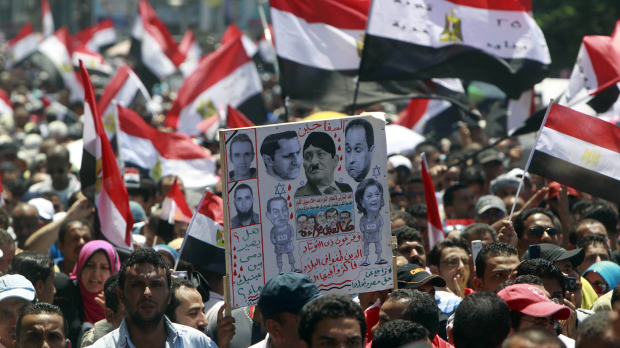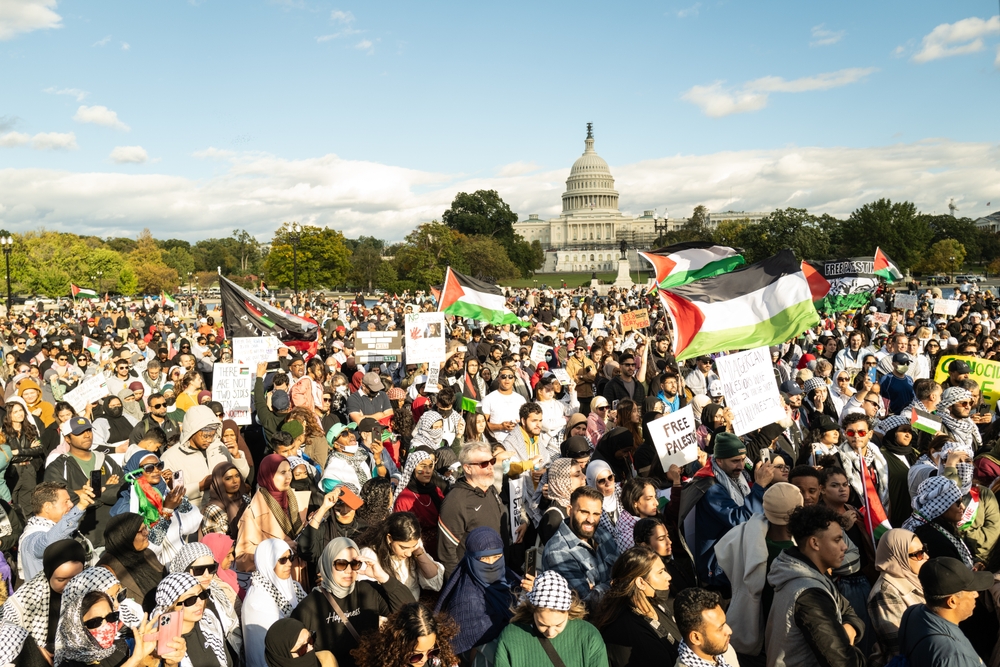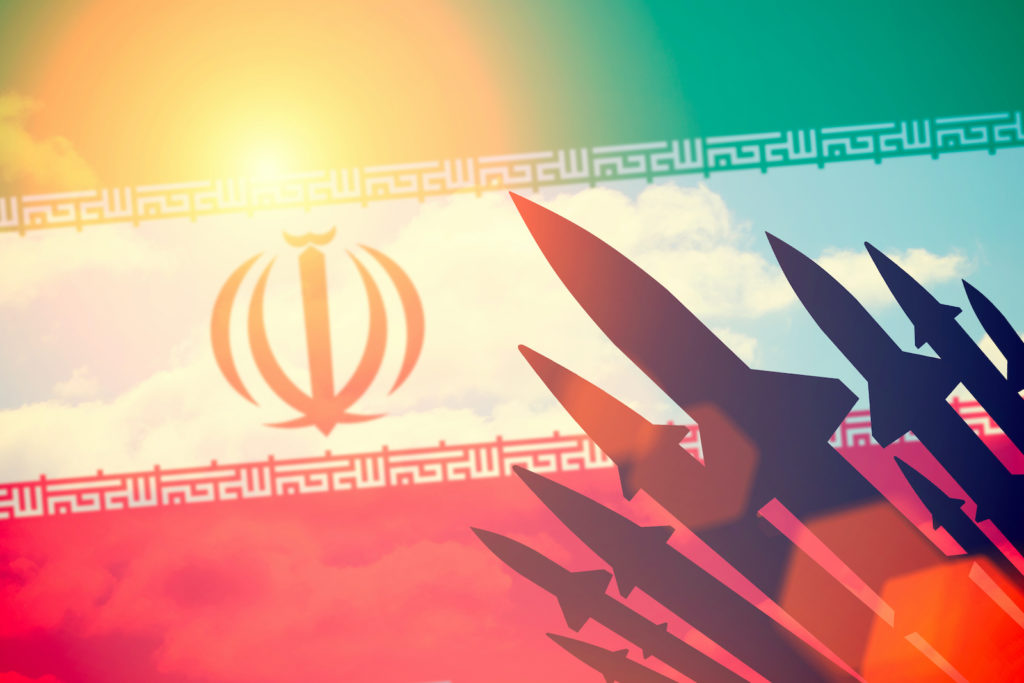UPDATES
Military works to maintain control as Egyptian democracy hangs in the balance
Jul 18, 2011 | Daniel Meyerowitz-Katz

Following renewed unrest and a large public outcry against what is perceived as reluctance to dismantle the old regime, the Egyptian interim government is set to announce a major reshuffling of its cabinet today, with several senior ministers – including the Finance Minster and the Foreign Minister – resigning over the weekend. This comes shortly after the Government backed-down from an attempt to postpone elections. As The Washington Post‘s Ernesto Londono reports:
The expected exit of more than half of the Egyptian cabinet’s members comes amid complaints that the interim military rulers have been slow to enact meaningful reforms. Activists say that the generals have failed to dismantle the power structure that remained largely intact when President Hosni Mubarak was ousted in February.
“We all share a sense that a large number of the cabinet members are not supportive of the revolution,” said prominent activist Hossam Bahgat, director of the Egyptian Initiative for Personal Rights. He cited the government’s prohibition on labor strikes, its failure to reform the infamous police forces and the anemic state of the welfare system.
It is not clear how fair this criticism of the Government is. It may merely be a sign of impatience and a lack of understanding of the difficulties that the Government faces. There was, for instance, a substantial purge of police officers on Wednesday and a number of other Mubarak-era officials have been brought to trial. As Genereal Tareq al-Mahdi from the military Supreme Council said to The Washington Post’s Leila Fadel:
“Everyone thinks it’s just a button you press, but it’s so hard.”
Certainly, recent history has shown the difficulty of purging an entire regime from a country while maintaining a viable governance structure. The last thing that anyone would want is a repeat of the Iraqi experience – where America dismantled the entire Saddam Hussein apparatus, only to see widespread sectarian warfare and anarchy filling the vacuum as former military officials formed independent militias.
In fact, as Londono implies, the uncertainty and confusion is adversely affecting Egypt’s ability to carry out the routine tasks of governance:
[Outgoing Finance Minister Samir] Radwan recently negotiated a $3 billion loan deal with the International Monetary Fund that would have eased some of the cash-strapped government’s most pressing needs. Last month, though, the ruling Supreme Council of the Armed Forces scrapped the deal, saying the country could do without foreign aid.
“People don’t know what they want,” Radwan was quoted as having told Reuters. “Do they want increased expenditure and no borrowing from abroad? Everybody has suddenly become an expert on financial policy. That is not an atmosphere conducive to efficient work.”
It seems from this that the Egyptian people are growing impatient and expecting a new Egypt right away, without taking the time to develop the tools necessary for a democratic society – such as effective public scrutiny of Government fiscal policy. The country’s infantile free press, for instance, will need more time to develop and establish itself. As this blog reported last week, the media is being used as a tool not only by secular Egyptians, but also by the Muslim Brotherhood. Barry Rubin yesterday posted a pertinent reminder of the large influence that the group holds throughout Egyptian society and not, as often assumed, merely in impoverished and uneducated communities.
The votes are in for the leadership of Egypt’s pharmicist association. And the results? A Muslim Brotherhood secretary general with more than 50 percent in a four-candidate race. Its candidates also won most of the seats on the governing council, control half of the gouvernate councils and a large portion of the group’s other bodies and sub-organizations… This of course belies the stereotype that it only appeals to the uneducated masses. Of course, it appeals to the uneducated masses, too.
As Fadel notes, the Egyptian military is all too aware of this danger. As a result, there have been moves towards adopting an “Ataturkian” model of governance – similar to the Turkish constitution that Kamal Ataturk implemented at the fall of the Ottoman Empire. Until a referendum last year, Turkey’s military was the custodian of the state’s secularity – with the constitutional power to overthrow the government if it were to become too Islamist.
In a recent interview and public statements, the generals have left no doubt that they see Islamist parties as a threat. While pledging to hand over power after presidential elections, the generals have suggested that the current Supreme Council of the Armed Forces operate in the future as a counterforce against Egyptian governments not deemed sufficiently secular.
That said, some of Egypt’s pro-democracy activists are concerned that this is merely a case of the military trying to maintain its hold on power while ostensibly supporting democratic reforms.
“The reality is, we’re dealing with the highest elite of the old regime, and the most conservative, too,The Egyptian revolution should not be imitating the Turkish model,” said Ahmed Ragheb, a lawyer with the Hisham Mubarak Law Center. “This is not a democracy. This is a dictatorship. It will give the army the authority to remove any government they don’t like.”
As this blog has repeatedly written, the overthrow of Mubarak does not, by any means, guarantee a transition to democracy. Steps must be taken to ensure that the process is not rushed, so that any Egyptian elections this year will be followed by more elections in the years to come. I would encourage readers to watch the video below, in which Maajid Nawaz, a reformed Islamist and one-time Egyptian political prisoner, describes the lack of a transnational, grassroots, pro-democracy movement in the Middle East and how this results in democracy being portrayed as merely one of several options, rather than an essential human right.
Tags: Egypt











